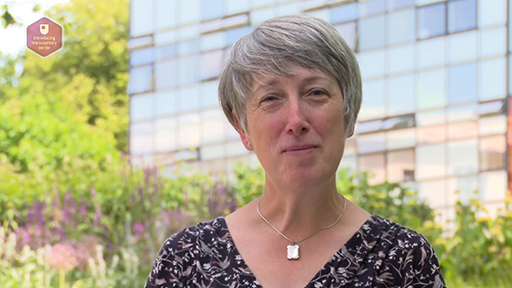Week 6: Power, engagement and empowerment
Introduction
Charities and voluntary organisations are established to benefit the public in some way. Yet many of those who benefit do not hold much power and are less able to participate in voluntary organisations.
In Week 5, you were introduced to the role of stakeholders and how groups hold different amounts of power and influence in organisations. You also considered different methods of communication with stakeholders. This week you will build on this work by examining the sources of power in organisations. In particular you will consider the role of one large stakeholder group: beneficiaries. Ensuring you have an accurate picture of beneficiaries is important in the context of understanding power and empowerment, particularly in terms of whose voice is not being heard or represented in organisations.
You will explore how beneficiaries can be engaged and ‘empowered’ to participate more in the decision making and other activities of voluntary organisations. Empowerment is a much-used term and so its various meanings will be examined. You will look at the ways in which service users in particular can be encouraged to contribute more to organisations and how their services are run. This is of particular concern to organisations in health and social care but the principles of empowerment can also be applied more widely.
This week begins with an overview of what constitutes power and a consideration of how these elements relate to your own experience.
In the following video, Julie introduces you to Week 6.

Transcript
[MUSIC PLAYING]
By the end of this week, you should be able to:
- identify different sources of power
- describe the beneficiaries of an organisation
- explain engagement and empowerment and why they matter
- describe ways of improving beneficiary involvement and expanding it more widely
- apply ideas and methods of empowerment to an organisation you are familiar with.
